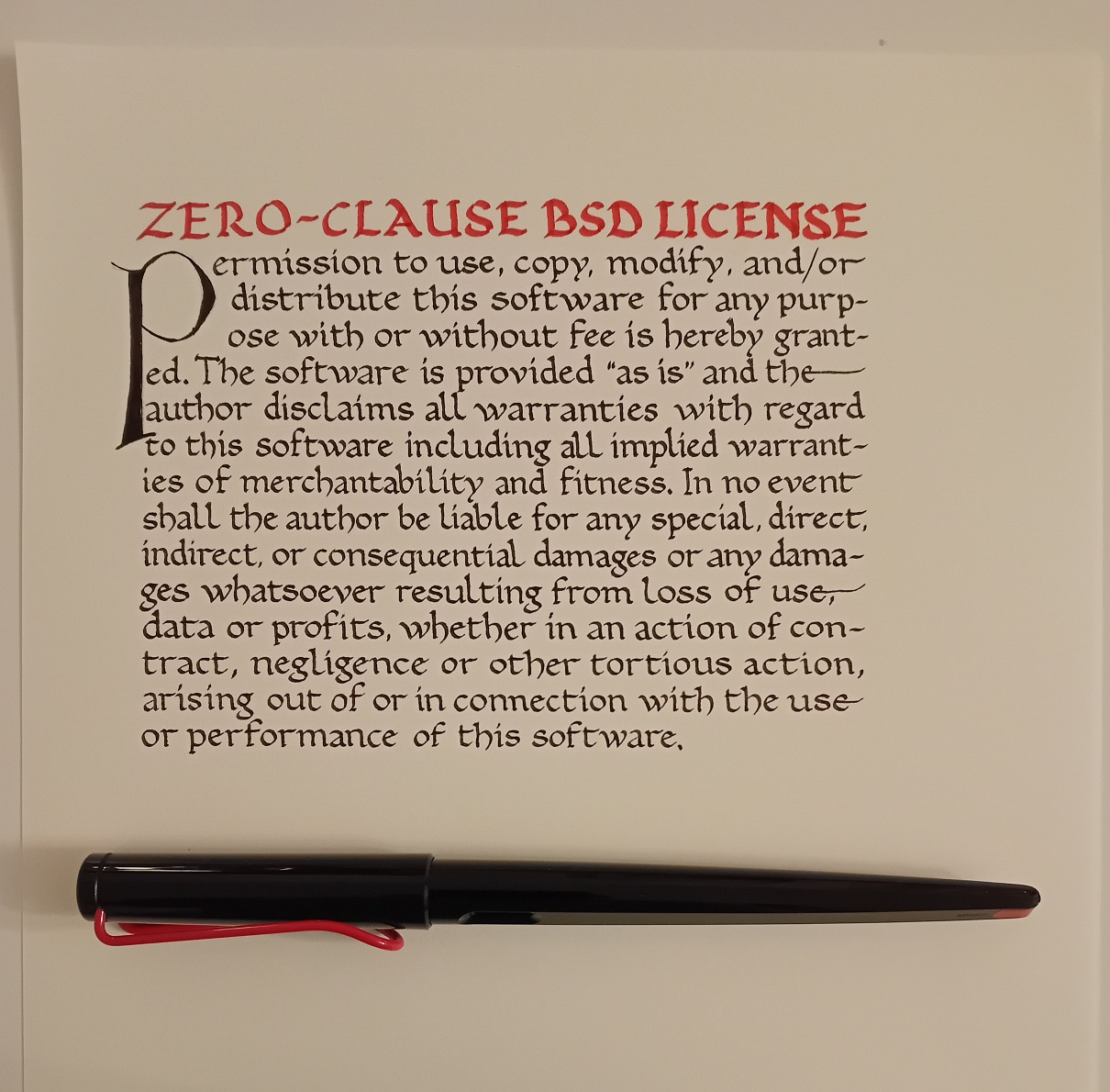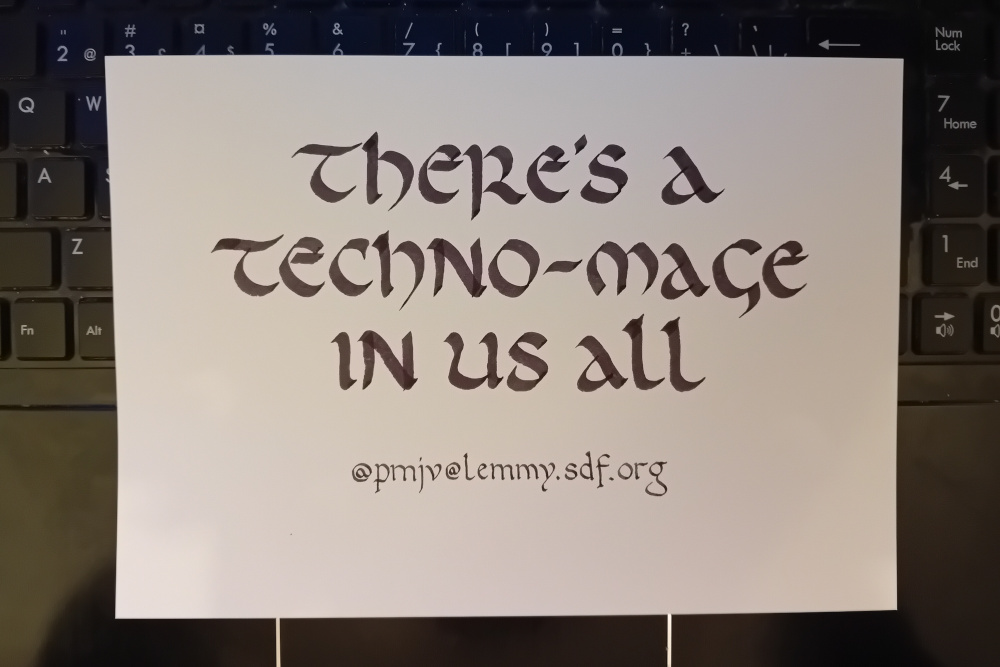Historically, it seems like the legality is a bit fluid, and depends on how much money someone is willing to spend to stop you. What the Pirate Bay did was legal in Sweden until the big companies applied pressure and resources to stop them. I wish we lived in a world where laws could be interpreted clearly, but at least it seems like big money can have its way regardless. So, in your hypothetical website scenario, would someone powerful be very upset, or would it not be worth it for them to go after you?
The reason is that you're reading TeX, not LaTeX. The latter has abstracted away the fundamental building blocks so few people know how an hbox is set anymore. So, an hbox is a box where the content is in horizontal mode. Between the things is glue. Glue can stretch and shrink. Depending on how you have set your tolerance and penalties, there's a maximum percentage of stretch allowed. If the glue stretches more, it becomes bad, this is called badness and can effectively be up to 10000 bad. So why not just put more things into the box? Well, (La)TeX probably tried to do that, but came up with worse badness. TeX always chooses the least bad option on a paragraph level. In practice, the usual suspect is often that you have something else that can't fit the last part of a line, like a really long word. If you can look at it and manually hyphenate it, things might be better.
The author of JSLint wrote:
"So I added one more line to my license, was that, "the Software shall
be used for Good, not Evil." And thought: I've done my job!
/.../
Also about once a year, I get a letter from a lawyer, every year a
different lawyer, at a company. I don't want to embarrass the company by
saying their name, so I'll just say their initials, "IBM," saying that
they want to use something that I wrote, 'cause I put this on everything
I write now. They want to use something that I wrote and something that
they wrote and they're pretty sure they weren't gonna use it for evil,
but they couldn't say for sure about their customers. So, could I give
them a special license for that?
So, of course!
So I wrote back---this happened literally two weeks ago---I said, "I give permission to IBM, its customers, partners, and minions, to use JSLint for evil." "
I have actually never felt entitled to these things. What I mostly feel is a responsibility. If something breaks I'm supposed to know how to fix it. Because of this I have become good at fixing things. If we are lost I'm supposed to find where we are, so I study maps before I go somewhere new. If a decision needs to be made, again, eyes turn to me, so I need to know a little about everything, and never look indecisive. If an unexpected expense comes up, I need to have money saved away for this purpose. The punishment for failing things like this is not disapproval from other men or feeling less masculine. The punishment is that I'm viewed as less by my girlfriend. This is how I think things go hand in hand. By helping women get empowered, we can share responsibilities. By women helping us feel valued for ourselves, worthy of love, desired as we are, we don't need to constantly fear being seen as less... then, I don't know. Maybe it would also lead to men feeling safer to be better human beings. The impossible dilemma now, for me, is that I'm still expected to be successful in the traditionally masculine things, while at the same time not being successful in the traditionally masculine things. No way to win.
Consider this: when you speak the listeners know what you mean based on the rest of the sentence. When you write you give the reader the intended word through spelling. People who read will see your words and assume you really meant "then" instead of "than", and the sentence will make little sense.
The words "I" and "eye" sound similar, but if you write "eye" I will read a sentence first thinking you are trying to say something about an eye, then when it breaks down, go back and find the issue.
End that my friend is less then eye-deal for comprehension.
To increase their UNIX skills.
It's easy to fall into motte-and-bailey reasoning though. The motte is an easily defended simple thing most people agree with. The bailey is a controversial thing you want to advance. If the bailey is debated, you can retreat into the motte and make claims that it's simple and uncontroversial. Most ideologies or systems of thought have a core that many people agree with, and then that's taken as approval of all its extrapolations. For example, do you believe that people should be able to decide what they use their money for? Well, then you must agree with laissez-faire neo-liberalism. Do you want children to be safe online? Then you agree that the government should inspect all your communication. Do you want everyone to be equal? Then you must agree with everything the soviet union did.
With feminism, it's easy to defend the core ideas, but it also encompasses implementations like affirmative action which not everyone agrees with, and practices that are not about dismantling hierarchies but rather just "wanting a better seat at the table of tyranny", to quote White Lotus.
On a personal level, I work in a female dominated workplace, where women hold all the positions of power. There's a lot of remarks and actions that would absolutely not be ok if the genders were reversed. A constant flow of explanations why men are stupid, sexualizing male workers, "playful" sexual harassment, ridiculing men etc. Many of them are self-proclaimed feminists. And it's cheered on and praised as a form of "girl power". If you ask me to identify as a feminist, these are the people I think of.
I have struggled a lot with setting boundaries and not letting myself be taken advantage of, so I'm very reluctant to be a part of something that requires self-flagellation over which group of people I belong to. I agree with the core of feminism, but to call myself a feminist I'd like my voice to be as welcome as a womans voice, which is rarely the case in my experience.
We have a similar system in Sweden, strong social safety nets etc. Some years ago I volunteered in a soup kitchen giving free food to anyone, and saw some homeless people. We can offer apartments etc, but some people are not able to handle it due to mental illness and/or substance abuse. It's quite sad, but ending homelessness completely is very difficult, and requires health care efforts on many levels.
The ice sheet covering northern europe started to melt away, and with that we got what is called "glacial erratics". Rocks had traveled from once place to another, and then settled. In Sweden we call those "giants throw", because it was assumed that the only way those big rocks could be where they are was if a giant had thrown it.
I wanted to try inserting and removing kernel modules, so I looked around and thought "well, I don't have a USB stick in right now so I can safely try removing the usb kernel module." So I did that, and after pressing enter I realized my keyboard is connected with USB.
There's also PonyOS (https://www.ponyos.org/) They wrote their own kernel, so it's not Linux, but it is Unix-like.




The danish people will maybe say a lot of things about us swedes, but don't believe the lies.